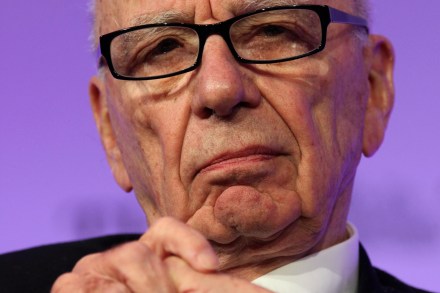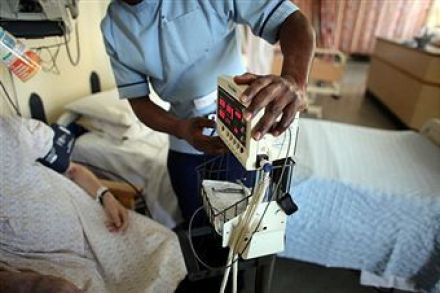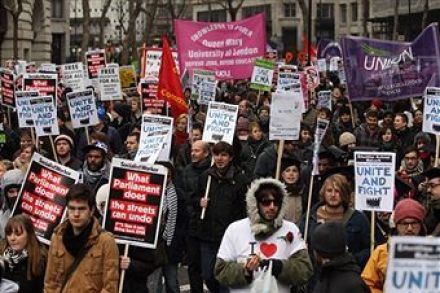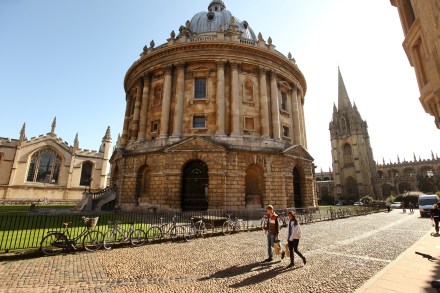The stakes rise for Rupert Murdoch
The business pages have more electricity to them than usual today, and all because of their overlap with the phone hacking scandal. In many ways, yesterday marked a turning point in the whole affair, in that it is now hitting Rupert Murdoch in the pocketbook. News Corporation shares — which had held up for a day or two — finally fell by 3.6 per cent, leaving its chairman and CEO some £120 million worse off. And, as we reported on the new Spectator Business Blog, shares in BSkyB took a similar course; due, no doubt, to prevailing concerns that Murdoch’s takeover might be posponed indefinitely. Ofcom are just one of

















